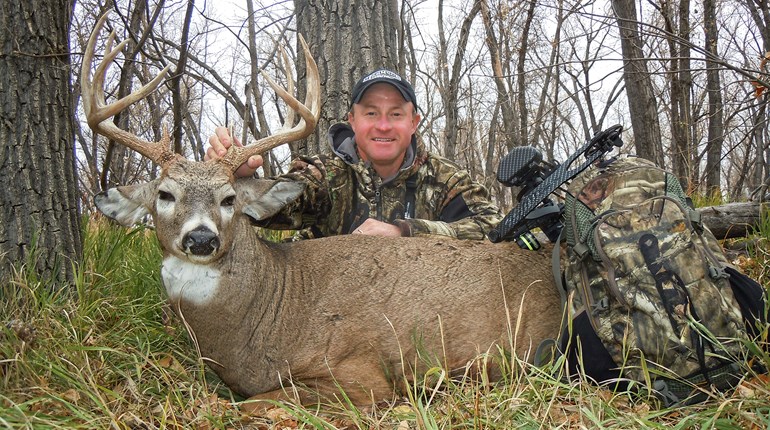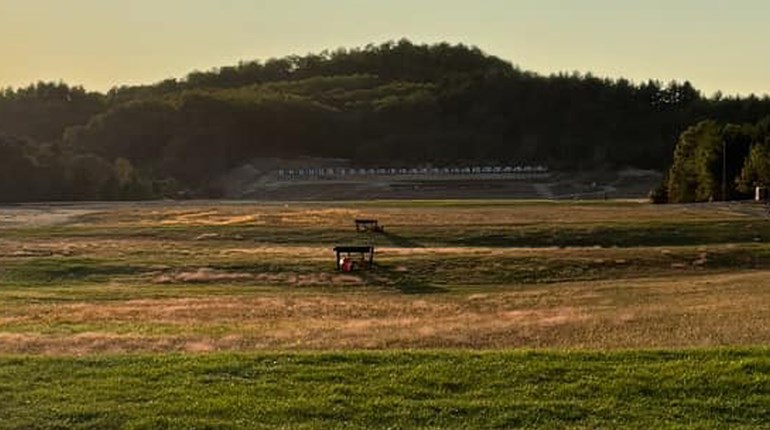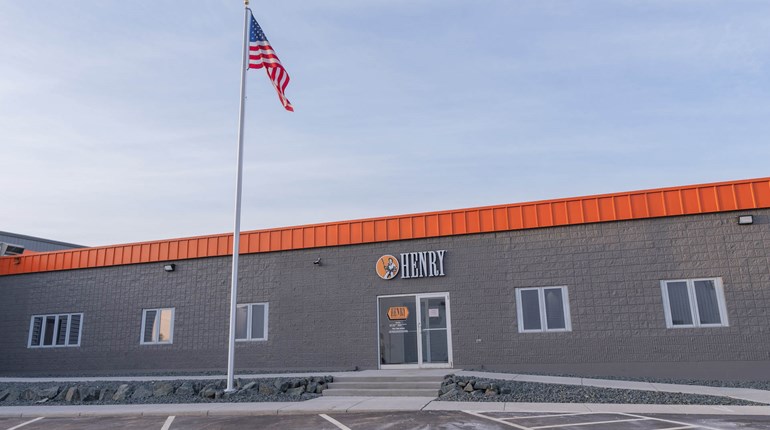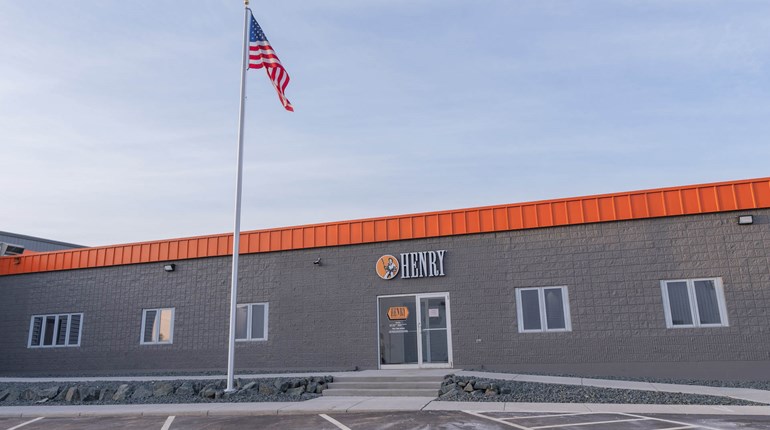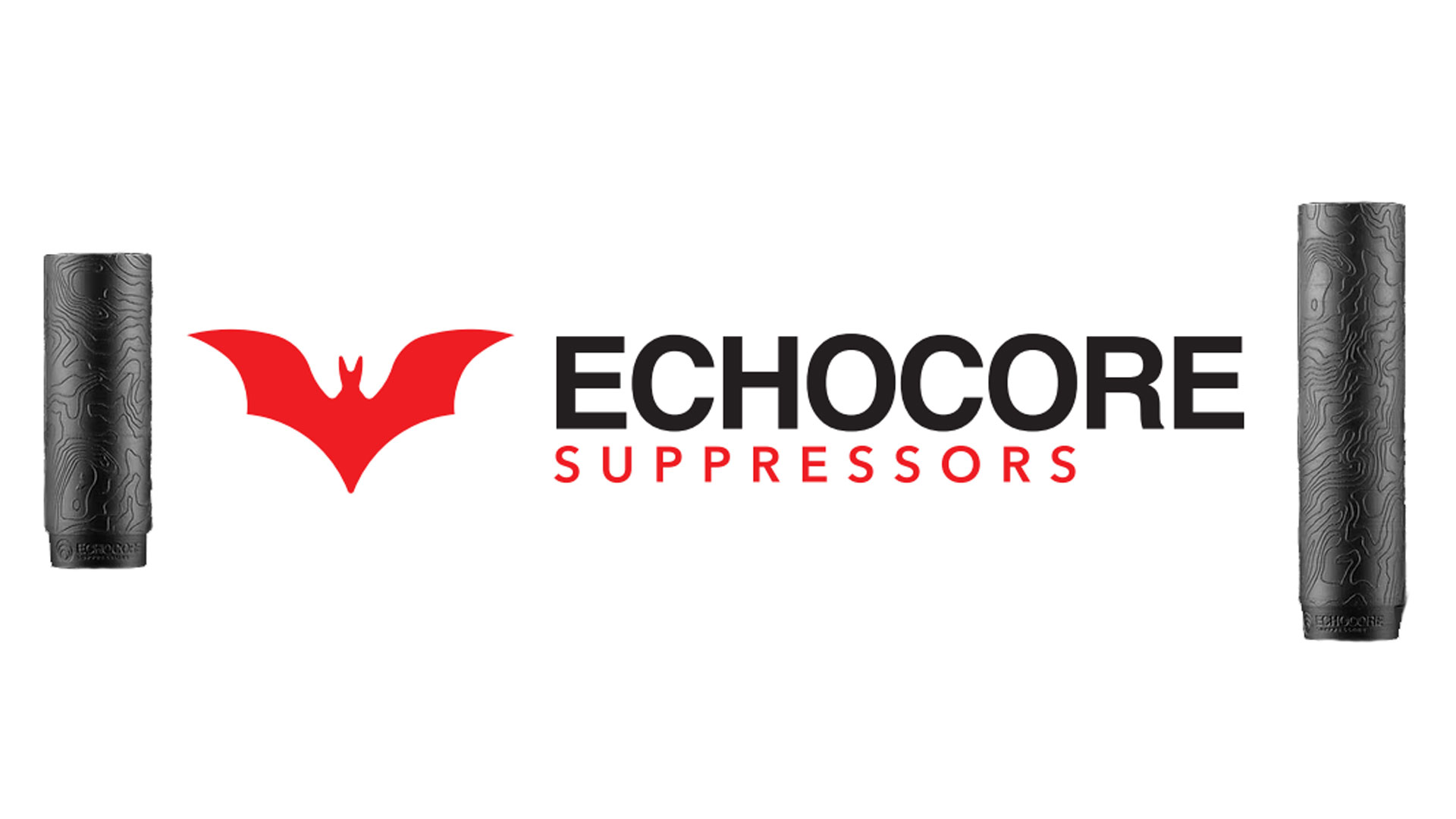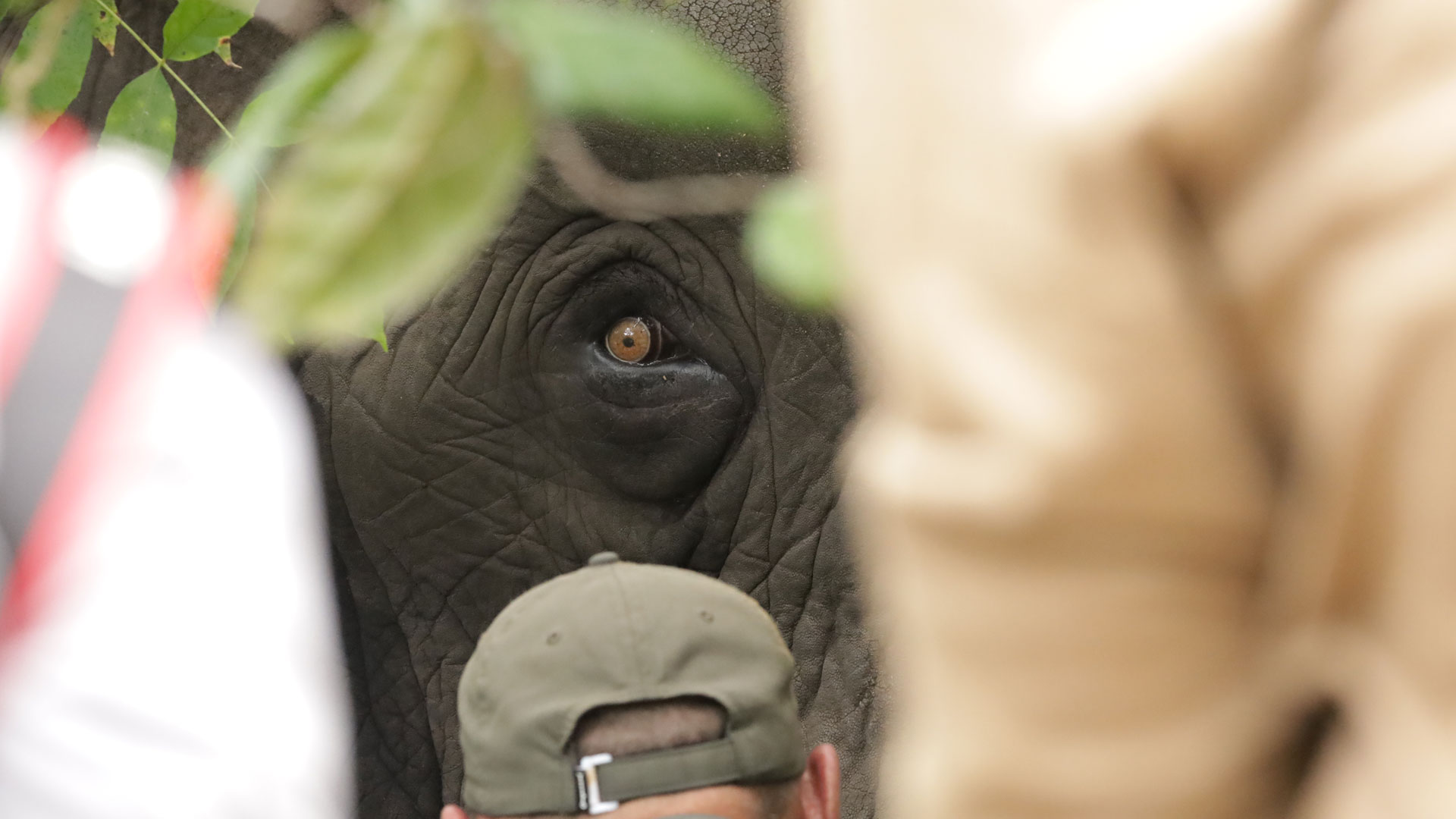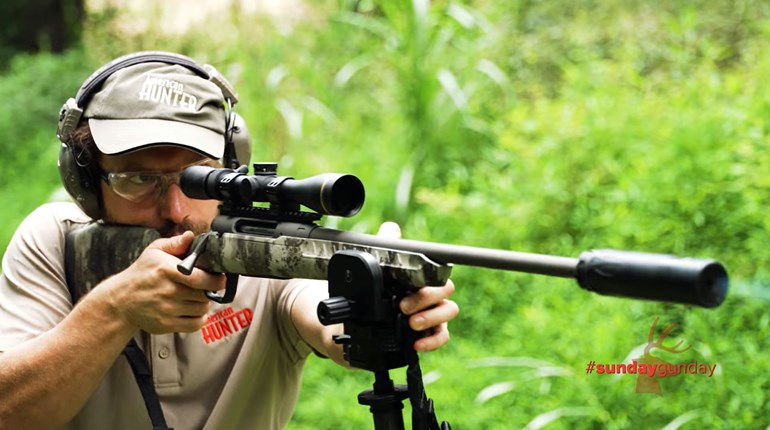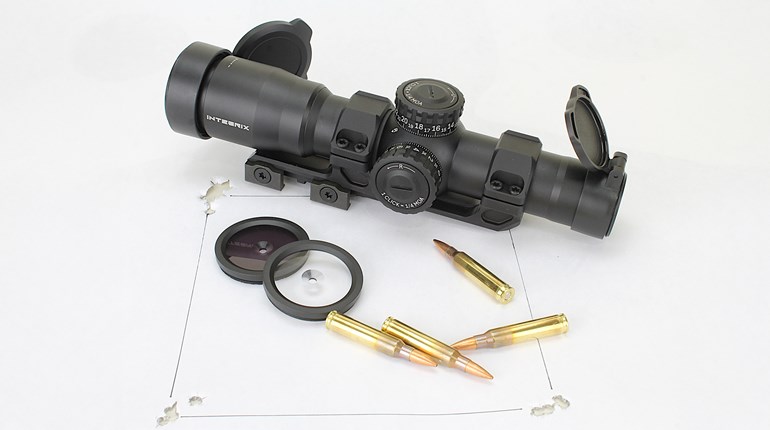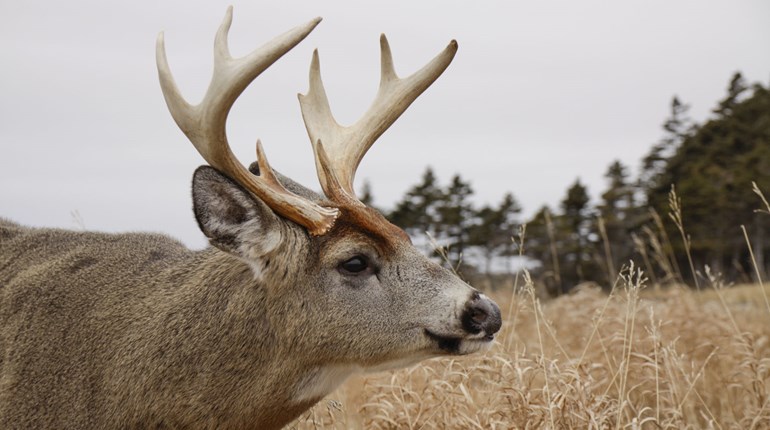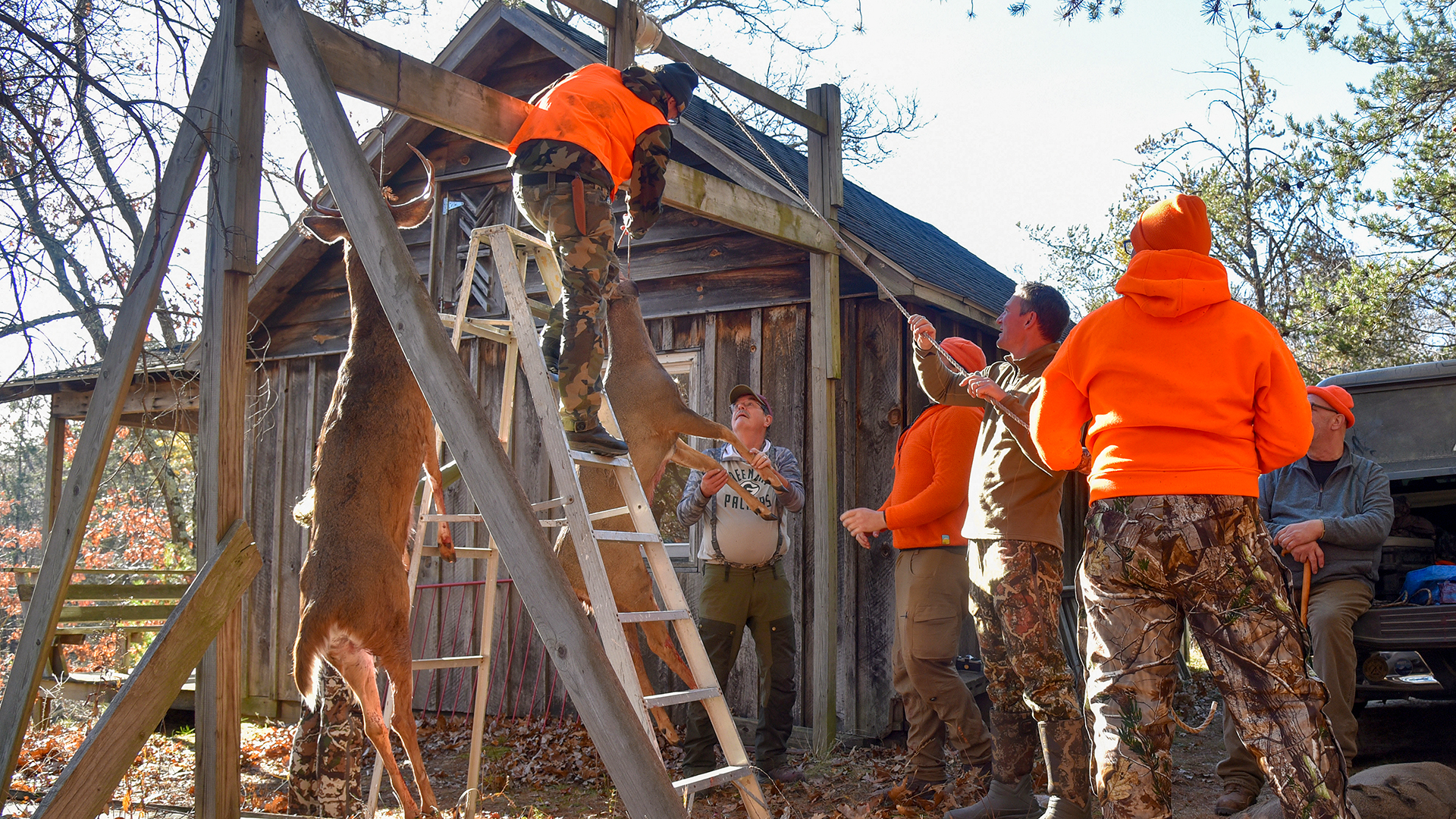
Great American deer camps seldom outlive their founding fathers unless they have a family anchoring their core.
Camp rosters built solely from friends and colleagues struggle to survive the chafing of cramped quarters, routine chores, repair bills, property taxes and deciding rightful heirs. Even so, a west-central Wisconsin deer camp built its multi-generation legacy through shared Latvian bloodlines.
Latvia is a small country 400 miles southeast across the Baltic Sea from Sweden. At 25,000 square miles, it’s half the size of Wisconsin. Russia and Belarus border it on the east, and its fellow Baltic states, Estonia and Lithuania, border it north and south, respectively.
This Wisconsin deer camp’s roster grew from Latvian refugees who fled the Red Army in 1944 when it claimed their homeland for the USSR while defeating Nazi Germany in World War II. When the camp’s founders later emigrated to the United States, they considered America temporary sanctuary. They expected to return once the world regained its senses, but months became years as the Latvian refugees took jobs and bought homes, assimilating into Milwaukee and other Upper Midwest communities. Decades later, camp members celebrated the USSR’s disintegration and Latvia’s independence in 1991. And in 2004, they cheered Latvia’s entry into NATO and the European Union, but few returned.
Many had also resumed hunting, a practice long-loved by their forefathers. Some spent the 1950s and ’60s building self-sustaining deer camps, including one on farmlands owned by “Old Man Kelpis,” his wife and three sons, all fellow Latvians. Kelpis and other neighbors sold the newcomers 40s, 80s, 120s and other parcels. Today, camp regulars own slightly less than 500 acres between them.
English as a Second Language
And all of them and their descendants embrace their roots. Most grew up cooking and eating Latvian meals, attending Latvian schools and summer camps, and speaking Latvian as their first language at home, school, church and deer camp.
Camp member Janis Putelis, 46, of Bozeman, Mont., grew up in Michigan during the 1980s and early ’90s. Putelis, now a popular member of the MeatEater crew, recalls baffling his kindergarten teacher when she asked what he had for breakfast. “I answered in Latvian, because we were pretty much forbidden to speak English in our house,” he said.
 In 1998, above, the Latvians hunted from two nearby cabins in west-central Wisconsin’s farm country, same as they had for years. In 2023, the author joined them on opening weekend to collect literary and literal portraits of the hardy group.
In 1998, above, the Latvians hunted from two nearby cabins in west-central Wisconsin’s farm country, same as they had for years. In 2023, the author joined them on opening weekend to collect literary and literal portraits of the hardy group.
Putelis’ father, “Papa Janis,” 73, joined the deer camp in 1987, and brought his son along in 1990 at age 12. His younger son, Mahting, 42, joined them when he started hunting in adulthood. Latvian remains the camp’s primary language, with members critiquing pronunciations and word choices, especially after visiting Latvia.
Still, cracks have opened. Papa Putelis estimates English litters half the camp’s conversations today, a sharp increase from 35 years ago. Still, he and other camp elders find humor in it.
“Some of us could talk entirely in Latvian, but you’ll hear sentences half in English and half in Latvian,” said Peter Staks, 70, of Salt Lake City. Staks hasn’t missed one trip to camp since his first deer hunt at age 15. That’s 55 straight years, even though Staks hasn’t lived in Wisconsin since leaving Milwaukee four decades ago.
The men, however, never named their deer camp, even to distinguish the two sites they hunted from until recently consolidating. Neighbors in the surrounding hills, valleys and cranberry bogs just call them “The Latvians.” Maybe it’s easier that way. Their historical roster seems endless. Besides the Staks brothers—Janis and Peter—the camp’s family names include Avens, Auzins, Anderson, Berzins, Burvikovs, Brusubardis, Gebauers, Grendze, Grencions, Hunter, Inveiss, Junge, Mednis, Ozolins, Pedraudze, Petrovskis, Putelis, Putnins, Rimsans, Rozite and Siltumens.
And just to increase the roster’s degree of difficulty, Latvian families love the name “Pēteris,” or “Peter,” and customarily name their firstborn sons “Janis.” Therefore, many camp members share those first names, though nicknames clarify some. For instance, they called Janis Inveiss “Two Meals,” but no one recalls the nickname’s origins.
Milwaukee Roots
Today, the camp’s most senior Pēteris is Peter Avens, 85, of Morehead City, N.C., who has seldom missed the hunt since joining the camp more than 60 years ago. Avens still drives to Wisconsin each November, though the round-trip covers 1,800 miles.
Avens was born in Latvia in 1939. His mother led her family to a refugee camp in Germany in 1944, and they stayed there until emigrating in 1950. As with most of the deer camp’s founders, Avens lived in Milwaukee, and Brew City was home through the early 1960s.
“We all went to the same church in Milwaukee, and attended the same weddings and funerals,” Avens said.
Avens joined the deer camp in the late 1950s. “Our drive from Milwaukee took four to five hours,” Avens said. “After arriving, we hunted all day. The evenings were all about good food, lots of alcoholic beverages and playing Zolīte, a Latvian card game.”
Avens estimates half of today’s camp food remains Latvian. Besides sauerkraut, the staples include piragi, a small, torpedo-shaped bun stuffed with a mixture of bacon and onions; and salads of lettuce, radishes, cucumbers and tomatoes, with a sour cream and buttermilk dressing.
Avens brought his nephew, Peter Staks, to camp in 1968. Staks said his uncle picked him up about midnight in urban Milwaukee. Staks had never seen a whitetail there, but as they drove northwesterly across Wisconsin in the dark, he recalls the woodlands tightening their grip. When dawn neared, deer began bouncing across the road and fields as Avens’ pickup truck neared the Kelpis farm and the old couple’s log home.
They walked to the door and knocked. His uncle shouted “Labrit!” (good morning) while stepping inside to greet everyone at the breakfast table. Staks recalls meeting four or five older men, but only recognized a large Milwaukeean named Augusts Pedraudze, who worked for Borden’s Dairy.
Pedraudze taught Staks much about deer and deer hunting in the following years. During a deer drive on the Siltumens’ neighboring 80 acres one day, Staks watched a doe race across a field through a gauntlet of gunfire. Apparently untouched, it vanished into the woods. As the group splintered for camp while trading insults about their shooting, Pedraudze told Staks to wait. He thought he’d seen the doe flinch. They soon found where it entered the woods. “I’ll be damned—blood,” Staks said. “Not a lot, but enough.”
They waited 15 minutes before creeping quietly along the doe’s trail to a ridgetop. “Pedraudze was a big guy, and pretty out of shape,” Staks said. “He rested a while at the top, caught his breath, turned to me with his finger over his lips, and stepped over the ridge like a cat stalking a mouse. He raised his gun and shot. The doe had been gut-shot, and laid down by a log. When Pedraudze shot, she never moved again.”
Changing Landscapes
Avens said the camp conducted countless deer drives for decades. “The younger hunters did all the grunt work of driving deer, and the experienced hunters sat and waited for deer to show up,” he said.

As with most hunters, the Latvians now do few drives, preferring solitary hunts from stands and blinds. “The guys who arrive early or spend time at camp before the season like to scout and make recommendations about where to hunt,” Staks said.
Motorists passing through rural Wisconsin today might think elevated deer stands outnumber farm silos across America’s Dairyland. These stands range from small condos on tall stilts to elaborate box blinds bolted into trees.
The Latvians buck that trend. Although the camp’s younger hunters and Papa Putelis use portable treestands and ladder stands, most older guys prefer ground stands. All, however, scorn roofs. “We like open sky above our heads,” the senior Putelis said. “We have some pop-up blinds, but we aren’t big fans unless it’s raining.”
Most of their stands are basic. Pete Siltumens’ father, for instance, favored an old bench in the bottom of a draw. “When I say ‘bench,’ it was really an old, grayed 2-by-4 nailed atop two tree stumps 2 feet apart,” Staks said. “We old-timers know where that bench was, and Pete’s dad took a fair share of deer there.”
Staks recalls one elevated “permanent” stand, however. It was built into a tree by a “large, strong Marine” named Reinis Ozolins. His triangular platform was equally big and sturdy, and he hunted it often.
“It was a grand place to hunt, but I’ll be damned if anyone besides Reinis could get into it,” Staks said. “I got up there during a pre-hunt, but felt terrified trying to get down. I thought: Never again. Marines only.”
Unlike their camp, the Latvians name each stand, whether it’s up a tree or on the ground. Camp regulars know where to find the “Corporate Stand,” the “Tunnel,” the “Jungle,” the “Sawmill,” the “First Valley,” the “Runway,” the “High Point,” the “Oak Flats,” the “Mouse House” and the “Racoon Stand,” to name a few.
 Today, camp regulars own about 500 acres between them. They name every deer stand with monikers like “Mouse House” and “Oak Flats” and “Sawmill.”
Today, camp regulars own about 500 acres between them. They name every deer stand with monikers like “Mouse House” and “Oak Flats” and “Sawmill.”
The camp’s early lodgings were similarly basic. The hunters stayed in two main camps, and slept on cots, bunks and couches inside old shacks, camper-trailers, modest single-family homes and mouse-infested house-trailers. The group today numbers around 12, and has settled into a modern facility built by a Latvian church for retreats. The two-story building has a kitchen and dining area upstairs, and bedrooms downstairs in a walkout basement.
No matter how or where its members bunk or hunt, they function without a formal “camp boss.” They make “free form” decisions and suggestions, with common knowledge informing everyone’s expectations, contributions and shared decisions.
Arnis Burvikovs, 72, of Arlington Heights near Chicago, has hunted from the camp since the late 1980s. “It’s fun because we give each other grief, we’re not super-competitive, and we don’t spend time being jealous of anyone’s big buck,” Burvikovs said. “For about 10 years I organized work details, the food, and bought everything. I figured if I left it to someone else they might not get what I want. But I grew tired of it. I still do some organizing, but for hunting, we tell each other where we’re going and clear out.”
Still, not every chore improves with practice. When everyone gathers at the buck pole midday Sunday on opening weekend to hang deer “the two Staks boys start arguing,” Burvikovs said. “We sit back and egg them on. That job has never had a system, maybe because they argue about it every year.”
 Deer drives dominated for decades but not anymore. Today younger hunters prefer portable treestands and ladder stands while older hunters like blinds.
Deer drives dominated for decades but not anymore. Today younger hunters prefer portable treestands and ladder stands while older hunters like blinds.
Advising and debating extends beyond chores. Peter Staks recalls when Janis Ozolins explained why Staks’ brother had two daughters but no sons. Ozolins, drawing on “Latvian principles of animal husbandry,” told Janis Staks he wasn’t working hard enough.
“If a male farm animal is slothful in its daily routines and then mates, the offspring will be female,” Ozolins said. “However, if the same male applies itself vigorously to its labors and mates again, the offspring will be male. Rather than sit all day on your lawyerly backside, pick up a shovel and do some real work!”
The Camp’s Future
With roughly 70 years invested in their camp and new country, these hunters consider the U.S. and Latvia vital to their identities. “You can’t forget your heritage,” Avens said. “We teach our families’ histories far beyond our grandparents. You must know where you’re from, but you also must be a good citizen of the country you’re in.”
When asked if cultural pride can forever fuel the Latvians’ camp, the members do more reflecting than predicting. Papa Putelis recalls when opening day meant visiting fellow Latvian camps after dark. “We would do a shot of vodka and sing,” he said. “Latvians love singing. That’s dropped off because we’ve forgotten the words.”
Unlike singing, bowhunting wasn’t big in camp lore. Although Janis Staks and Papa Putelis occasionally bowhunted before November’s gun season, things didn’t get serious until the elder Putelis and his son Janis bowhunted the rut in 2020. In 2022, Janis “the Younger” arrowed his first white-tailed buck there. When returning a couple of weeks later for gun season, he brought his oldest daughter, Aina, then 11. The members welcomed her as the camp’s first female. They’ll welcome Aina’s sister, Mabel, 10, when she joins them this year.
Avens, meanwhile, is likely the last of his bloodline to grace the camp. His two daughters aren’t interested in deer hunting and his twin grandsons didn’t grow up hunting. “It’s not like when I was young, and had my own .410 and a place nearby to hunt rabbits,” he said.
Even so, the camp remains tightly knit. Peter Staks credits that loyalty to Latvia, a small country that long suffered.
“I’m not necessarily worried or disappointed about our camp, but it’s sad that things have to change,” Staks said. “When I started hunting, it was for the meat. Venison sustained us. Today’s reality is that you can buy anything you want, including bananas, from halfway around the world. You’d like younger generations to pick up our traditions, but you can’t make them do it. So, I just watch and enjoy it. If traditions are lost, they’re lost.”
 The core group today numbers about a dozen. Some hunters have been coming to camp for about 60 years. Some just started to hunt here last year.
The core group today numbers about a dozen. Some hunters have been coming to camp for about 60 years. Some just started to hunt here last year.
Burvikovs’ oldest son, Nick, keeps returning to the camp for its people and the hunting. Deer remain abundant, which Burvikovs appreciates. “It’s nice to be in Wisconsin’s woods, and it’s nice to see friends in camp, but that would get old if you never got any deer,” he said.
As with Staks, Burvikovs credits Latvia for those connections. “Latvians are nature lovers,” he said. “Our souls embody the sun and Mother Nature. When Peter Staks, [Papa] Putelis and I have free time, we come here to clear trails and mess around in the woods. At the same time, all three of us are in our 70s. We’ll hunt and clear trails as long as we can, but how long will that be?”
The younger Putelis, meanwhile, is solidifying his place in camp through habitat work on a 40-acre parcel he bought with his father. He thinks deer camp plays a vital role for youths. “It’s a place where you hang with adults and discuss adult things,” he said. “Adults don’t change their card games for you. You play their game. You aren’t pandered to as a child anymore. You chip in and do your part.
“I think about the camp’s future a lot,” Putelis continued. “There’ll come a time when our elders won’t be around. That weighs heavily on me. But the woods will still be there, so I hope young people keep it going and experience what we’ve all known.”












